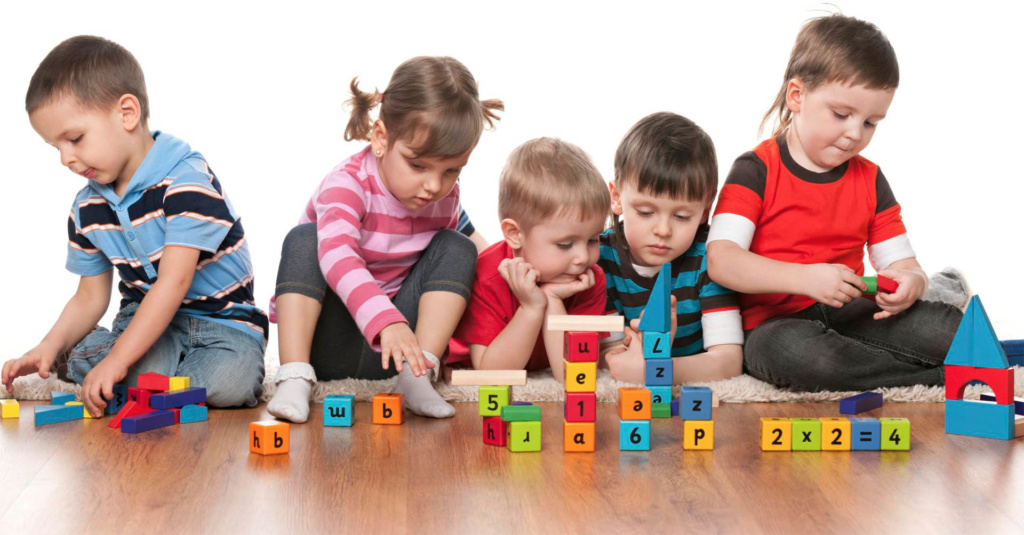
It is widely accepted that parents are the first and most enduring educators of their child; of course, this isn't surprising considering that 86 per cent of children’s learning takes place outside of the classroom; parents obviously have a huge role to play.
Harris and Goodall (1) conclude that the greatest impact on children and young people’s learning arises from the things that parents/carers do with them at home, so it is not hard to understand that if you have someone behind you, encouraging and supporting you in something, you will be at an advantage.
The culture you are brought up in and the things that are valued in that culture, usually has a profound and lasting influence on you. It follows that the more engaged parents are in the education system the more likely their children are to succeed.
Lottery
So is it just a lottery? If you happen to have supportive parents who can give you time and encouragement you will do well and if you don’t, are you destined to underachieve?
Clearly this cannot be acceptable, but the fact remains that many parents are not engaging with schools and it is their children that are at risk of falling behind. Of course, not everyone can achieve at the same level, but we should believe that everyone with the right influence and support can achieve to the best of their ability.
Most schools and settings do have parent engagement strategies and go to a great deal of time and effort to try to get parents in, offering them many opportunities to attend and interact through both planned and informal events. Although it is great to see that thinking has gone into how to involve parents, there is a fundamental problem in this approach, in that it can lead to parents being viewed and treated as a passive participant in the life of the setting.